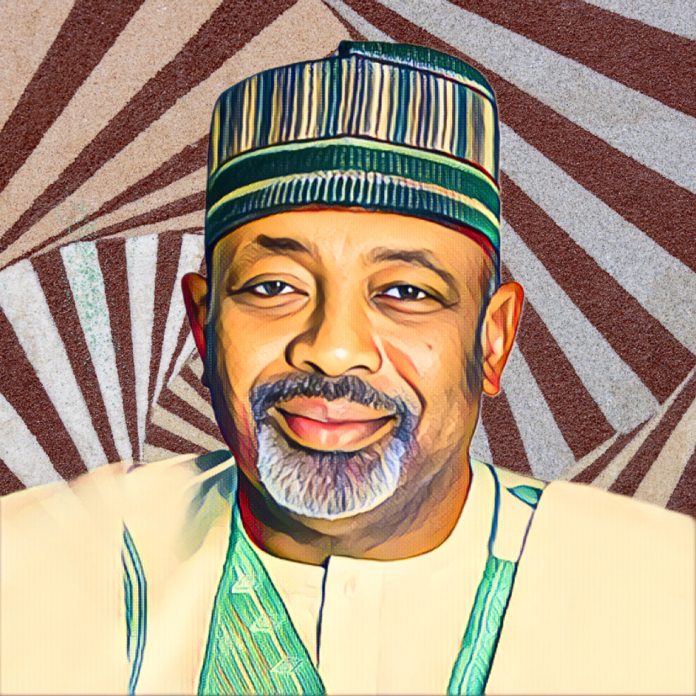KEY POINTS
- Nigeria aims to cut post-harvest losses from 45% to 20%.
- The SAPZ program will create 500,000 jobs and boost key crop production.
- The government calls for public-private collaboration to achieve food security.
To enhance food security and increase domestic output, the Federal Ministry of Agriculture and Food Security has committed to a 25% reduction in post-harvest losses in the agricultural sector.
During the Special Agro-Industrial Processing Zones High-Level Implementation Acceleration Dialogue on Monday in Abuja, a pledge was made.
SAPZ program to create jobs, enhance agro-processing zones
Through focused investments, the Special Agro-Industrial Processing Zones (SAPZ) initiative, a Nigerian government program, hopes to improve agriculture.
It is backed by the African Development Bank, the Islamic Development Bank, and the International Fund for Agricultural Development.
Punch reported that Minister of Agriculture and Food Security Abubakar Kyari emphasised the need for teamwork in his keynote speech when discussing the issues confronting the agriculture industry.
Our goal is very clear: we need to improve our capacity for production and cut post-harvest losses from the current 45% to 20%. This is essential for enhancing farmers’ livelihoods as well as ensuring food security, according to Kyari.
He added that the SAPZ program aims to create agro-industrial processing zones in seven states and the Federal Capital Territory. The program will focus on key agricultural products, including cocoa, rice, cassava, and maize, to drive production. Around 500,000 direct and indirect jobs are expected to be generated as a result of this initiative.
Speaking at the ceremony was Finance Minister Wale Edun, who emphasised the government’s commitment to industrialisation via agriculture.
He emphasised that the SAPZ program’s effectiveness depends on cooperation between the federal, state, and business sector partners.
“To meet our population’s urgent food demands, we cannot afford to disrupt domestic production. Both short-term and long-term plans must be balanced for this,” Edun continued.
During the session, Abdul Kamara, the Country Director of the African Development Bank, also spoke and emphasised the potential of the SAPZ program to revolutionise the rural economy.
“We can significantly contribute to the economy and improve food security by reducing post-harvest losses from 50% to 10-20%,” Kamara stated, urging stakeholders to work together to address program implementation issues.
Stakeholders urged to collaborate for sustainable agricultural transformation
State governors and representatives of development partners were among the stakeholders who attended the session to talk about measures to expedite the SAPZ initiative.
Speaking on behalf of the governor of Kaduna state, Dr Abdulkazumare underlined the importance of finding novel answers to the problems of the day.
“Learning from successful models around the world and adapting them to our local context should be our goal,” he stated.
According to Kyari, the Agriculture Ministry is still upbeat about the SAPZ initiative’s potential to revolutionise Nigeria’s agriculture and spur economic expansion.
“To garner public support, the future requires not only dedication but also skilful communication. All Nigerians may have access to a sustainable agriculture industry if we work together to establish it, Kyari stated.
Dede Ekoue, Country Director of the International Fund for Agricultural Development, praised Kyari for his leadership and vision. She also recognized Finance Minister Edun’s role in securing and finalizing the financial arrangements for the program.
Ekoue emphasised the need for collaboration and technical capacity, saying, “We must work together to address the challenges affecting implementation.”
In addition, Ekoue noted that a subsidiary loan arrangement had been signed in the state of Ogun and expressed optimism for additional agreements to expedite project completion.
“In these crucial times for food security and inclusive economic growth, we believe this strategic gathering will empower all stakeholders to accelerate the implementation of SAPZ,” the speaker stated.



